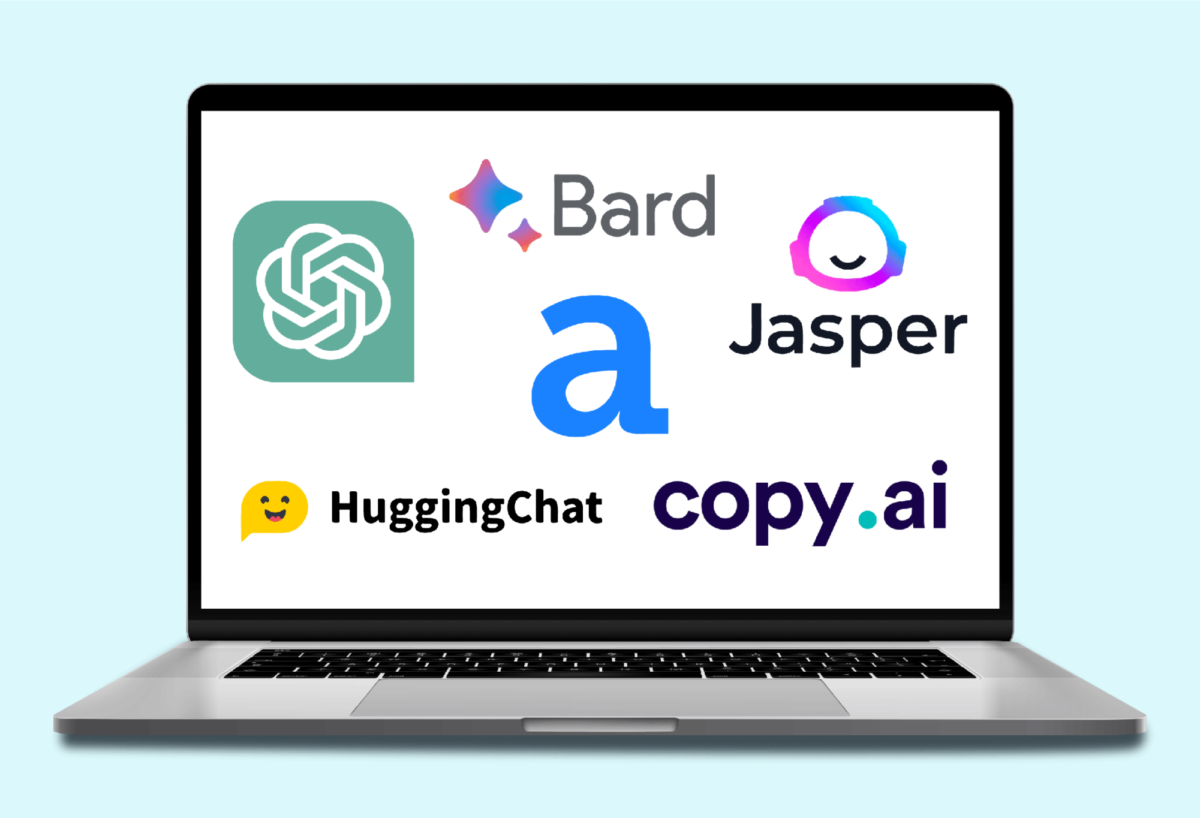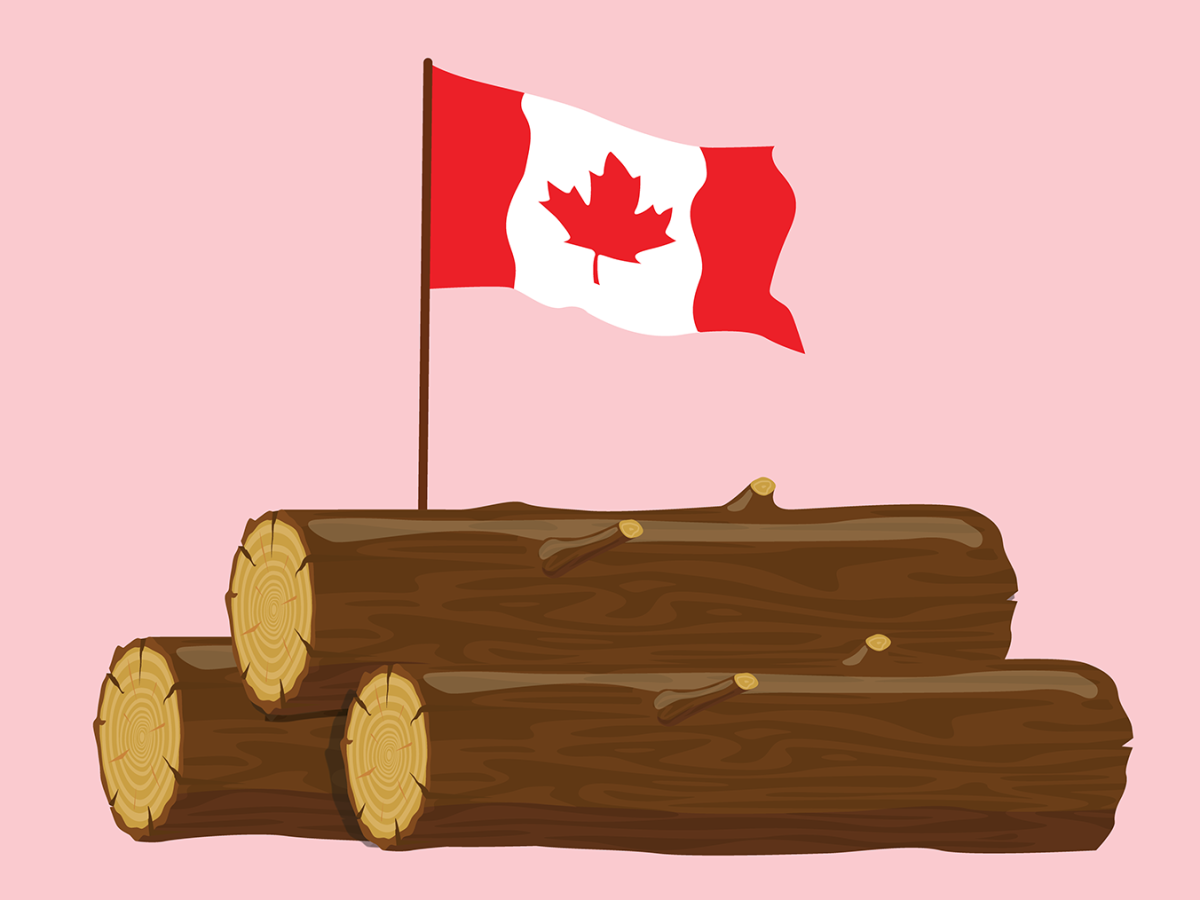If you had told me five years ago that essays and artwork could be created entirely by artificial intelligence, I probably would have laughed in your face.
We used to joke about how AI could one day do all the work for us — like in the futuristic world of “WALL-E.”
However, those high-tech days are now upon us, as AI is gaining more and more popularity. While some may see its creation as a tool, AI actually poses a significant threat to our creativity and growth.
One AI program that has gained immense popularity in the last year is ChatGPT — an application that can generate answers to endless questions.
Schools were one of the first institutions to see the threat AI poses when they began to worry about students using ChatGPT to complete their work.
In January of this year, Intelligent magazine conducted a study on AI usage by college students. Among other results, the study found that “30% of college students have used ChatGPT on written homework”.
This technology has split the education community in half, with some seeing opportunity in AI usage in the classroom and others seeing it as only a form of cheating.
If AI-generated work were to become the new normal for students, children and young adults would never gain any true value from their education.
Schools aren’t the only places feeling the effects of AI.
The entertainment industry is facing a new wave of legal problems as workers point out the threat of AI.
Just last month, authors filed a lawsuit against OpenAI, the creator of ChatGTP, for “systematic theft on a mass scale.” The program is allegedly using copyrighted material from authors in its generated answers.
One author in the lawsuit is George R.R. Martin, the creator of the beloved “Game of Thrones” series. The lawsuit alleges that ChatGTP specifically provided an in-depth prequel to the series, using Martin’s own characters.
The usage of AI in Hollywood is also one of the forces that pushed the start of the writers’ strike back in May.
On May 1st, The Writers Guild of America (WGA) released a document of demands to be met before they returned to work. One such demand stated, “AI can’t write or rewrite literary material; can’t be used as source material; and MBA-covered [contract-covered] material can’t be used to train AI.”
The strike officially ended on Sept. 27, 148 days after it began.
Adam Conover, a comedian and part of the WGA negotiations, told The Guardian that under the new deals the studios “cannot use AI to write scripts or to edit scripts that have already been written by a writer.”
Conover also said that studios can’t use AI as “source material,” which would typically result in writers being paid less and getting less credit for working on the script than if it were an original.
Art is also being affected by AI.
Back in 2022, an AI-generated piece of art entered into an art competition. And it won.
This event sparked outrage from artists and began the debate of whether or not something not created by a person can be art.
When interviewed by The New York Times, the piece’s creator, Jason M. Allen, said, “I’m not going to apologize for it. I won, and I didn’t break any rules.”
Allen claims he never tried to deceive anyone, entering the piece under the title “Jason M. Allen via Midjourney,” naming the software he used.
While users like Allen may not try to hide the fact that the work is AI-generated, that still doesn’t mean they should be titled as artists. They did not create the piece, a program did.
If artwork and writing can’t even come from humans anymore, will we never see original content again?
Since we were kids we’ve heard the warning to not plagiarize and only share our own work. AI should not change those basic ethics.

































































































































































